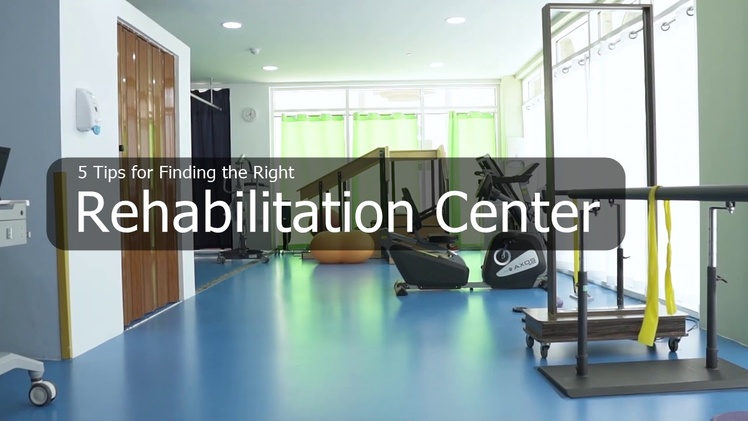A guide to using the right rehab. You’ll need to find a recovery facility that meets your needs and circumstances once you’ve chosen to seek help for an alcohol or drug addiction. There are several treatment options available, including Soberlink (read the Soberlink review) but how do you choose the best alcohol or drug rehab center for you?
Here are some key things to consider:
TYPES OF REHAB PROGRAMS:
Rehab program is differed by where care is given, how long treatment lasts, and intensive and structure is. The health care provider who assesses your condition can help you use the treatment setting that will meet your specific needs.
- OUTPATIENT TREATMENT:
Patients remain at home and attend monthly sessions with an alcohol care specialist at the clinic or hospital.
- INPATIENT TREATMENT:
Patients stay in hospital and receive intensive and highly structured care for addiction and other severe medical problems.
- RESIDENTIAL TREATMENTS:
Patients stay in a nonhospital setting and receive intensive and structured care for addiction and other medical problems.
- RECOVERING HOUSING:
Patients lived in supervised, temporary housing and can participate in treatment programs.
WEIGHING YOUR OPTION:
You’ll want to narrow down which program better suits your needs after determining the best treatment environment for you.
Ask the staff of each program you considering providing the following information:
TREATMENT APPROACH:
Rehab programs that offer only one or two therapy types may be not able to be customized care to your specific needs. In addition, may be able to meet your changing needs as you continue in your recovery.
If you’re having trouble with your mental health, you can look for a program that will help you with your unique issues. Substance abuse problems can be exacerbated by mental health issues, and vice versa. Click here myrecoverycorps.com to get comprehensive advice and professional rehab programs.
Ask these questions:
- What type of treatment therapies are offered?
- What will I have to do during rehab?
- Is treatment tailored for each patient?
- Can the program offer medication?
- Our staff members qualified to treat both mental health issues and addiction?
MEASURING EFFECTIVENESS:
To help you assess treatment services, find out what and how the program monitors its patients’ progress and rehabilitation.
Ask:
- How do you measure patient progress?
- Can you provide data on your patient long-term recovery?
- How do you know if your treatment was successful?
HANDLING RELAPSE:
Just as in the treatment of the medical condition, relapse is common and can be part of the recovery process. It’s crucial to know how the program reacts if a client returns to using drugs or alcohol. Ask:
- What happened if the patient relapse during rehab?
- Does the program dismiss relapsed patients?
- Do the program’s staff members have the necessary qualifications to treat relapsed patients?
PATIENT AND FAMILY EXPECTATION:
Understand your right and responsibilities and what will be expected of you and your family during treatment. Ask:
- What I will have to do during rehab?
- Can you have written information about the patient’s rights and responsibilities?
- What can and should my family do when I’m undergoing treatment?
QUALITY CARE CHECKLIST:
Review the quality care checklist with your qualified addiction professional to determine if the meth rehab program you are considering meets the following basic standards:
- A range of effective treatments is available, not just one.
- Continuing care and support after treatment is provided.
- The program is licensed or accredited.
- Northern Illinois Recovery Resources
- Per week, there are at least three hours of appropriate recovery sessions available.
- Treatment for any other medical problems you may have is available.
- There is a full-time addiction medicine practitioner or addiction psychiatrist on board.
- One or more doctors with advanced training and expertise in managing drug use disorders supervise the care. You can visit this site to find Psychiatrist in California.
EXTENDED CARE AND LONG-TERM REHAB:
Extended care is a type of treatment that lasts after a patient has finished their initial recovery program. These long-term recovery efforts are made in several settings, from extended care treatment facilities where patients live ongoing outpatient programing. A long-term rehab is a form of conventional inpatient rehab that lasts anywhere from six to twelve months. Extending care in the form of long-term rehabilitation may be most helpful for those suffering from severe addictions and can especially be effective for those who are having trouble with chronic relapse. Addiction treatment must be flexible enough to accommodate certain individual needs but structured and supportive as patients progress through their recovery and relapse prevention work.

